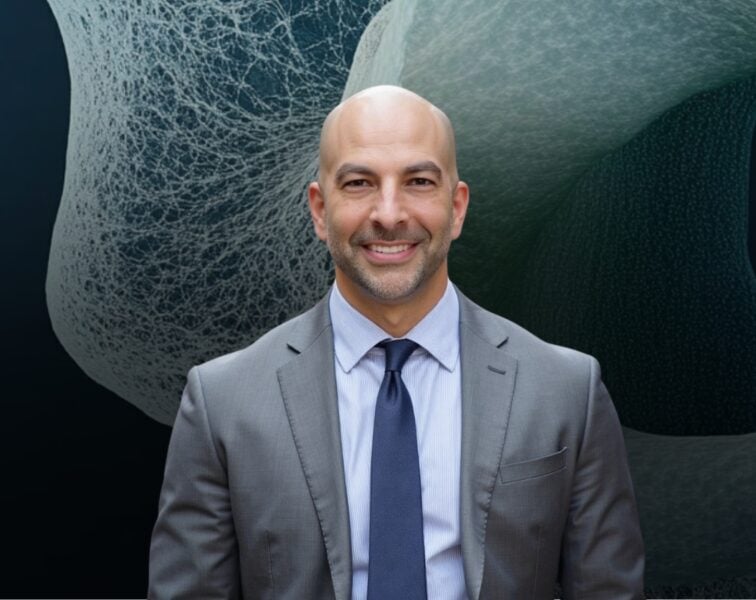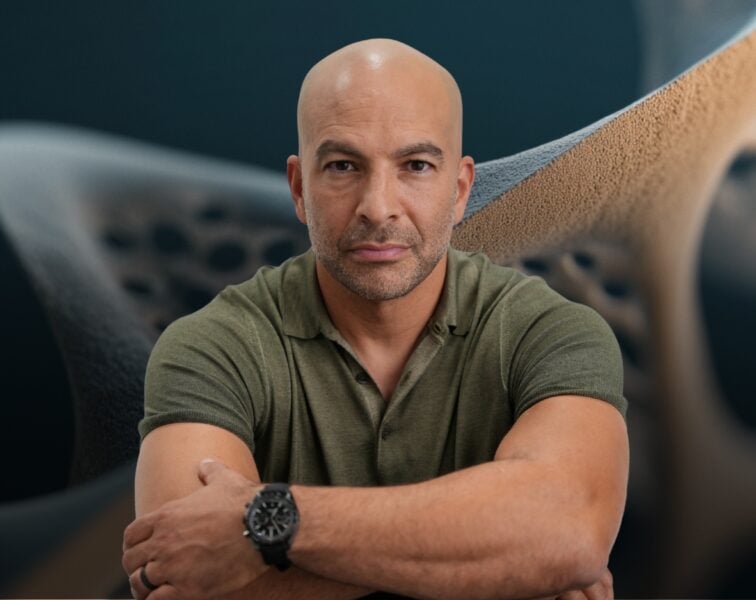One of the most common questions I encounter, in one form or another, is “How can I find a good primary care physician?” There’s no quick answer, really. I’ve discussed this topic in various podcasts, including our very first AMA, but I’d like to do so again.
Start by considering two related questions:
- What constitutes a “good” primary care doctor?
- How can you figure out if the person you’re talking to fits the bill?
Let’s start with the first question. Speaking very generally, I think there are four characteristics by which you can evaluate a physician: advocacy, affability, availability, and ability. While it’s difficult to find all of these qualities in the same person, you should at least consider all four when making your decision.
Advocacy
A physician who is an advocate is a physician who’s connected, who knows how to help you navigate through a storm, and knows how to get you what you need.
For example, let’s say you need to get a colonoscopy. An advocate should be able to connect you to the best endoscopist possible. Whatever test you need, they are your point person to get to the best specialist or facility (e.g., mammogram or colonoscopy). If, God forbid, said test comes back with a worrisome finding, an advocate will know the right follow up, too, if needed. And a truly good physician won’t just have a good Rolodex—they’ll also be your advocate in the system, doing everything they can to make sure you get the care and treatment you need. They can coordinate care across multiple teams of providers (this is not uncommon in cases where people have complex medical issues), and serve the effective quarterback for care, even when it means being a go-between across multiple specialists who rarely communicate.
Affability
An affable doctor is one who talks with you, not to you. It’s a person who still remembers the human side of the art of medicine. It’s the person who probably went into medicine because of how much they love the intimate nature of patient care. There was a time when this trait was not viewed as necessary, especially in some fields of medicine, but I suspect the days of going to a doctor who constantly talks down to you is over. Your doctor might be the expert, but if they can’t bring you along in their decision-making process, then they probably won’t be a good fit.
Availability
How much access do you have to your doctor? Are you looking for someone that you can call 24/7? If that’s the case, you might be looking for a concierge doc, whom you’ll pay an annual fee or retainer to protect a certain amount of time and availability in their schedule for you. Are you looking for same-day appointments for urgent care? Do you want same-day care, as long as you can see one of their partners? Prescription refills on weekends? House calls? You get the idea. Know what you want before you go shopping.
Ability
So much of what we learn in medical school is irrelevant by the time we’re practicing, let alone 10 years in. The lag between when something becomes a finding and when it becomes mainstream or obvious enough that everyone is doing it tends to be about 12-20 years, so it’s crucial that physicians keep up with the latest literature.
I think it’s good to get a sense of how curious your doctor is and whether they have a passion for learning. Because if you’re not learning as a doctor—not trying to get smarter on diagnostics or advancements in the field—you’re probably not practicing great medicine.
Not surprisingly, finding “10/10” advocacy, affability, availability, and ability in one doctor is about as likely as finding a doctor capable of breaking Joey Chestnut’s hot-dog-eating record. It’s not impossible per se, just low probability. No physician is perfect, and you’ll probably have to make some trade-offs. But you should consider all four criteria when speaking to a prospective physician.
Once you know what you want (or, more specifically, how you want to optimize around the four traits), the next question is how to operationalize your search. To help make that process easier, we put together a quick list of ten questions below that you can take as a foundation to build on as you speak with potential doctors. (Here is a link for a printable version.)
Asking a physician these questions should give you a pretty good idea of whether they’ll make a good advocate, whether they’ll be affable, available, and most importantly, whether they’ll be able to help you. (And a doctor’s reaction to these questions is a good litmus test. If a doctor is put off by a patient that wants to be active in bettering their health, it’s probably not the right doctor.)
- How long have you been practicing?
- How do you think about balancing the line between prevention and treatment of disease? How much of your time with patients is spent focusing on the former versus the latter?
- How long is the average visit with your patient?
- How much time, on average, do you spend with each patient per year (i.e., in-person visits, video meetings, reviewing labs and records, phone calls, emails)?
- Which lab tests and biomarkers do you consider essential for patient management?
- What areas of medicine interest you the most, either beyond or within primary care?
- Which conferences do you try to attend each year?
- How much time, on average, do you spend per month staying informed of the latest research in medicine overall, such as reading broadly from journals like JAMA or NEJM?
- How much time, on average, do you spend per month staying informed of the latest research in your areas of focus, such as specialty journals (e.g., lipidology, nutrition, exercise physiology)?
- Are there any other things you would like prospective patients to know about you or your practice?
People shouldn’t be afraid that this process can take a while.
Hopefully, this helps you as you try to navigate the medical system, in search of a doctor who fits your needs.




